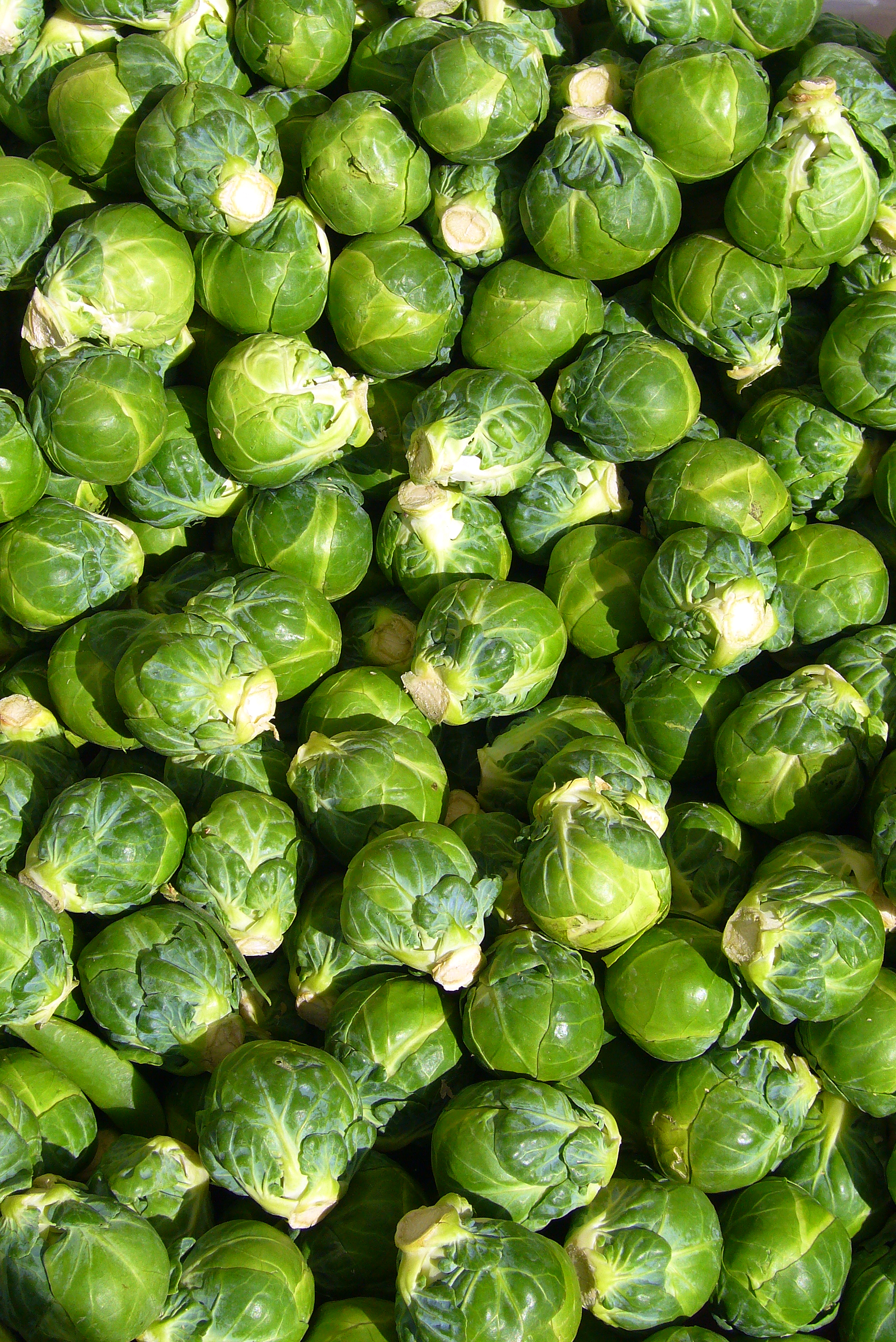The Incredible Benefits Of Sprout: A Guide To Nutritious Living
Sprouts are not just a trendy food; they are a powerhouse of nutrition that can significantly enhance your health. Incorporating sprouts into your diet can provide you with essential vitamins, minerals, and antioxidants that are crucial for maintaining overall health. In this article, we will delve into the various aspects of sprouts, including their nutritional benefits, how to grow them at home, and the different types of sprouts you can consume. By the end of this article, you’ll have a comprehensive understanding of why sprouts deserve a spot in your daily meals.
Sprouts are germinated seeds that are rich in essential nutrients and enzymes, making them a fantastic addition to any diet. They are low in calories and high in fiber, making them perfect for those looking to manage their weight while ensuring they receive adequate nutrition. Moreover, sprouts are incredibly versatile and can be added to salads, sandwiches, smoothies, and more. This article will provide you with all the information you need to start incorporating sprouts into your meals.
In the following sections, we’ll explore the types of sprouts, their health benefits, how to grow them at home, and some delicious recipes to help you get started. Whether you’re a health enthusiast or just looking to improve your eating habits, this guide will serve as a valuable resource.
Table of Contents
- Types of Sprouts
- Nutritional Benefits of Sprouts
- How to Grow Sprouts at Home
- Delicious Sprout Recipes
- Sprouts in Global Cuisine
- Myths and Facts About Sprouts
- Safety and Storage of Sprouts
- Conclusion
Types of Sprouts
Sprouts come in various types, each offering unique flavors and nutritional profiles. Here are some popular varieties:
- Alfalfa Sprouts: Mild flavor, rich in antioxidants.
- Broccoli Sprouts: High in sulforaphane, known for its anti-cancer properties.
- Bean Sprouts: Commonly used in Asian dishes, high in protein.
- Lentil Sprouts: Packed with protein and fiber, perfect for salads.
- Radish Sprouts: Spicy flavor, loaded with vitamins A, C, and E.
Nutritional Benefits of Sprouts
Sprouts are often referred to as “superfoods” due to their numerous health benefits. Here are some key nutritional advantages:
- Rich in Nutrients: Sprouts are loaded with vitamins, minerals, and enzymes that are essential for our health.
- High in Antioxidants: They help combat oxidative stress in the body.
- Improved Digestion: The enzymes in sprouts aid in digestion and nutrient absorption.
- Boosted Immune System: Regular consumption of sprouts can enhance immune function.
- Weight Management: Low in calories but high in fiber, sprouts help in feeling full longer.
How to Grow Sprouts at Home
Growing your own sprouts at home is simple and requires minimal equipment. Here’s a step-by-step guide:
Materials Needed:
- Sprouting seeds (such as alfalfa, broccoli, or lentils)
- A glass jar or a sprouting tray
- Water
- A breathable cover (cheesecloth or a mesh lid)
Steps:
- Soak the seeds in water for 4-12 hours, depending on the type of seed.
- Drain the water and rinse the seeds.
- Place the seeds in the jar or tray and cover with the breathable cover.
- Keep the jar in a warm, dark place and rinse the seeds 2-3 times a day.
- After a few days, when the sprouts are ready, store them in the refrigerator.
Delicious Sprout Recipes
Incorporating sprouts into your meals can be both tasty and nutritious. Here are a few simple recipes:
- Sprout Salad: Mix your choice of sprouts with diced vegetables, olive oil, lemon juice, salt, and pepper.
- Sprout Sandwich: Add sprouts to your favorite sandwich for an extra crunch and nutrition boost.
- Sprout Smoothie: Blend sprouts with fruits, yogurt, and a splash of almond milk for a nutritious smoothie.
Sprouts in Global Cuisine
Sprouts are used in various cuisines around the world. Here are some examples:
- Asian Cuisine: Bean sprouts are a staple in stir-fries and soups.
- Indian Cuisine: Sprouted lentils are used in salads and curries.
- Middle Eastern Cuisine: Sprouts are often added to salads and wraps.
Myths and Facts About Sprouts
There are many myths surrounding sprouts. Here are some common misconceptions and the facts:
- Myth: All sprouts are unsafe to eat. Fact: When grown and stored properly, sprouts can be safe and healthy.
- Myth: Sprouts are just a fad. Fact: Sprouts have been consumed for centuries and offer numerous health benefits.
Safety and Storage of Sprouts
To ensure the safety of your sprouts, follow these guidelines:
- Always wash your hands before handling sprouts.
- Store sprouts in the refrigerator and consume them within a week.
- Avoid buying sprouts that look slimy or have an off odor.
Conclusion
Sprouts are a nutritious addition to any diet, offering a myriad of health benefits and versatility in meals. From their rich nutritional profile to their ease of growth at home, incorporating sprouts into your diet can significantly enhance your overall health. We encourage you to try growing your own sprouts and experimenting with different recipes. Share your thoughts in the comments below, and don’t forget to explore more articles on our site for additional health tips!
Thank you for reading! We hope you found this article informative and inspiring. Come back soon for more insights into healthy living.
Theyycallmerenn: The Rise Of A Social Media Sensation
Taco Mac: The Ultimate Guide To A Delicious Dining Experience
Aasif Mandvi: The Journey Of A Versatile Actor And Comedian


